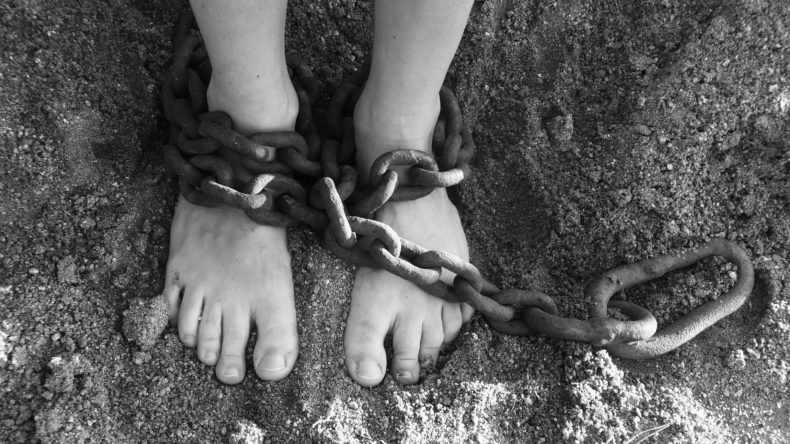Having a criminal record can feel like being a chained prisoner, with lasting impacts on employment and travel opportunities. However, in Canada, individuals who have demonstrated themselves to be law-abiding citizens can apply for a record suspension, formerly known as a pardon, which sets aside their criminal record from the ‘official’ records. In this blog post, we will delve into the details of record suspensions, including eligibility requirements, limitations, and benefits.
What is a Record Suspension?
A record suspension is a legal process administered by the Parole Board of Canada (PBC) that sets aside a person’s criminal record from the Canadian Police Information Centre (CPIC) database, which is the national criminal record database in Canada. Once a record suspension is granted, a search of CPIC will not reveal the individual’s criminal record or that they have received a record suspension. Most provincial and municipal criminal justice agencies also restrict access to their records once a record suspension has been granted.
Eligibility for Record Suspension
There are certain eligibility requirements that must be met in order to apply for a record suspension. These include:
- Completion of all sentences, including fines, surcharges, costs, restitution, compensation orders, and probation orders.
- A waiting period of five (5) years for summary conviction offences and ten (10) years for indictable offences.
- No convictions for sexual offences involving children or four or more offences with prison sentences of two (2) years or more.
It’s important to note that a record suspension does not erase the criminal record, but rather keeps it separate from the ‘official’ records. Additionally, sexual offender records are flagged by CPIC and remain accessible for vulnerable sector checks. If a person is convicted of a new offence or misleads the PBC in their application, their record suspension may be revoked.
Benefits of Record Suspension
Obtaining a record suspension can have several benefits, including:
- Improved employment opportunities, as many employers conduct criminal record checks.
- Enhanced travel opportunities, as some countries may deny entry to individuals with a criminal record.
Application Process and Costs
Applying for a record suspension involves completing an application with the PBC, which can be complex and time-consuming. It may be helpful to seek legal assistance to ensure all the necessary requirements are met. There is a cost associated with applying for a record suspension, which is currently set at $631. Additional costs may include obtaining copies of fingerprints, criminal records, court documents, and local police record checks.
In conclusion, a record suspension in Canada can provide individuals with an opportunity to set aside their criminal record from the ‘official’ records, improving their chances of employment, travel, and restoration of civil rights. It’s important to understand the eligibility requirements, limitations, and costs associated with the application process. If you are planning to apply for a record suspension, this short self-assessment will help you find out if you are eligible. Seeking legal assistance may be beneficial to navigate the complex process of obtaining a record suspension.

